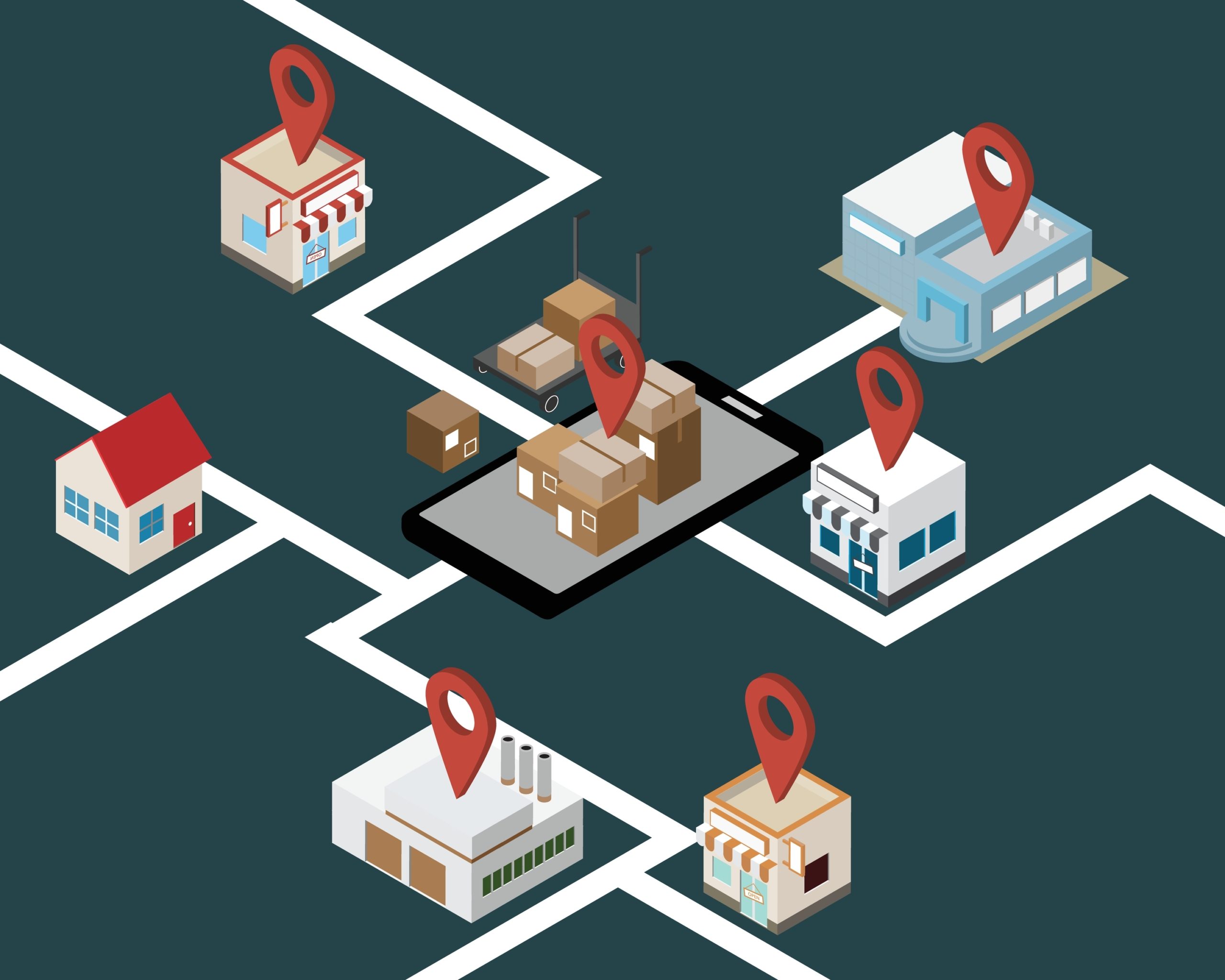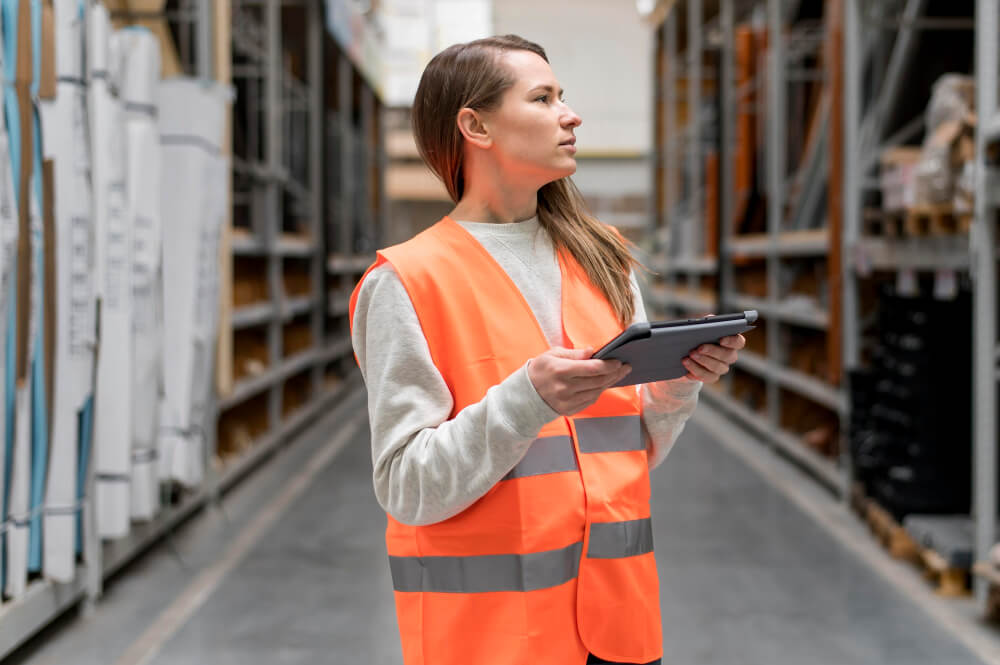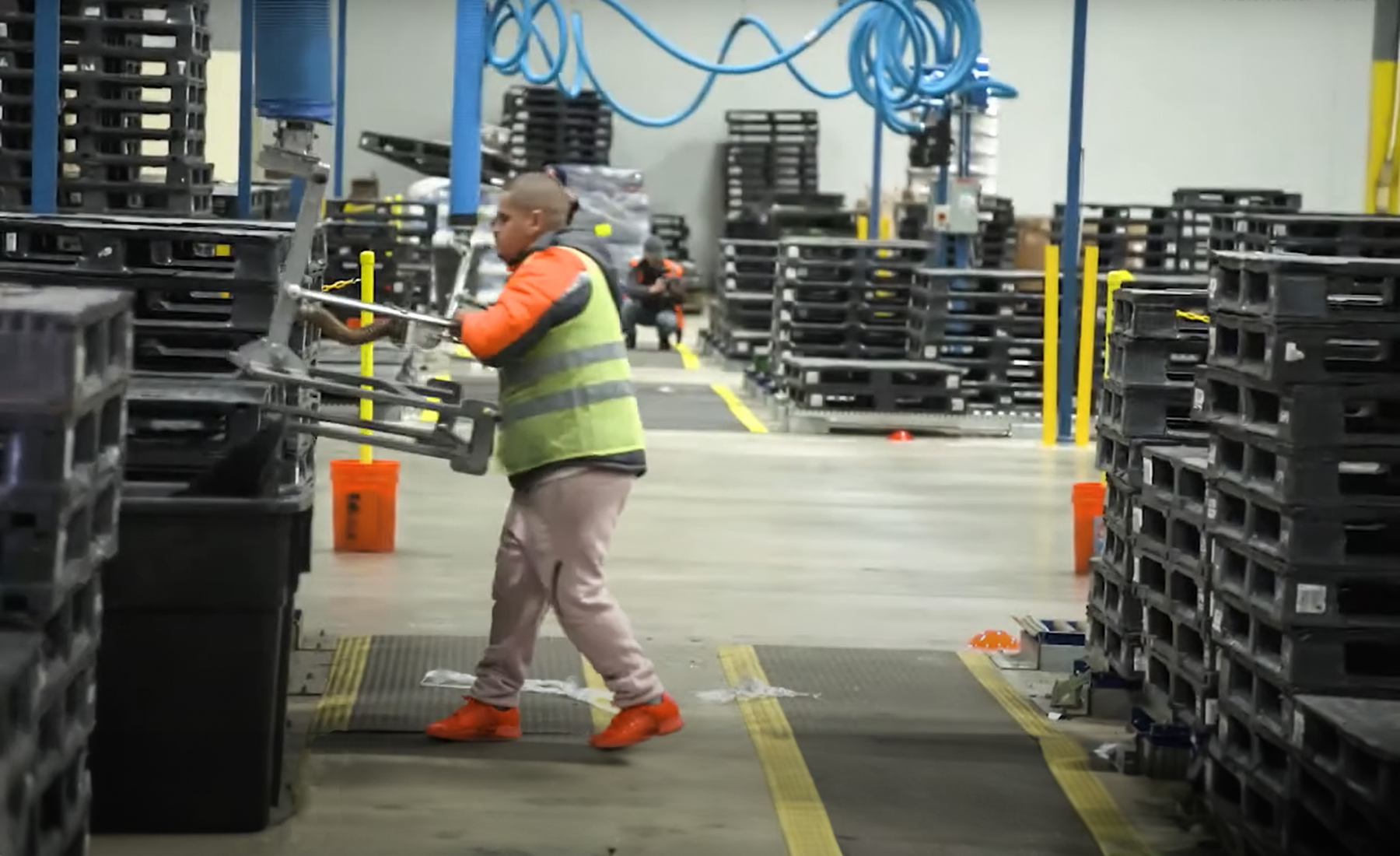With the increase in online shopping and the growth of e-commerce leaders like Amazon, customer expectations have grown significantly over the past several years. Even prior to the onset of the COVID-19 pandemic, customers expected fast delivery times and flawless fulfillment experiences. Fast-forward to the supply chain disruptions caused by the pandemic — now more than ever, retailers are scrutinizing their omnichannel fulfillment strategies to enhance the customer experience and get products into consumers’ hands quickly.
What is Omnichannel Fulfillment?
Omnichannel fulfillment involves the utilization of multiple channels to fulfill a customer’s order, regardless of the channel the order was placed through. This allows retailers to survey their networks and locate the product at a partner that has the inventory and can fill the order the fastest, rather than waiting for the warehouse to locate and ship the order — knocking days off the delivery time in many cases. Omnichannel fulfillment allows businesses to execute order fulfillment via numerous scenarios:
- The product ships directly from the warehouse to the customer.
- A local store that has the product in inventory ships the product to the customer.
- The warehouse ships the product to a retailer that can deliver it in a more timely fashion.
A recent report from 3LP Central found that 92% of the companies that offered omnichannel fulfillment increased their order volumes in 2021. And now, major retailers such as Macy’s, Home Depot, and Walmart are looking to boost and expand their omnichannel fulfillment strategies to continue to enhance their supply chains.
Benefits of Omnichannel Fulfillment
As businesses continue to adapt to the growing e-commerce demand, incorporating omnichannel fulfillment strategies brings a variety of key benefits:
- Heightened insight into data across all platforms, allowing for more accurate warehouse and inventory management;
- Increased sales and revenue through efficient distribution from several channels;
- Streamlined process and increased employee productivity; and
- Enhanced customer satisfaction and retention.
However, companies considering omnichannel fulfillment strategies will want to prepare their supply chains to ensure they can handle the integration of several channels. Investing in innovations that include automation technology and improved warehouse management systems can help ensure that all platforms can communicate and work together effectively. iGPS plastic pallets incorporate smart features that make them traceable throughout a supply chain. These features allow companies to capture product data at any point of distribution, ensuring better planning and efficiency, and helping to lower a company’s Total Cost of Business (TCOB).
Manufacturers and retailers striving to remain competitive in a changing and challenging economy are taking a hard look at optimizations and efficiencies that will set them up for continued success. Improved omnichannel fulfillment strategies are one of many ways to keep one step ahead of customer needs.
Companies committed to incorporating effective omnichannel fulfillment strategies use iGPS plastic pallets for all their shipping needs. Our lightweight, recyclable plastic pallets incorporate RFID technology making them traceable throughout a supply chain. For more information, contact us at 1-866-557-0047, email a specialist at switch@igps.net, or visit our contact page.



